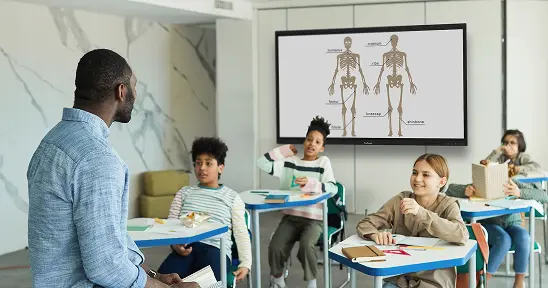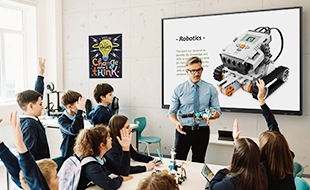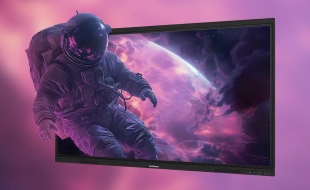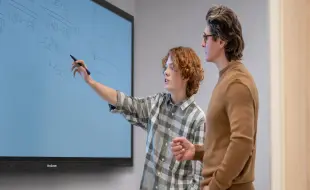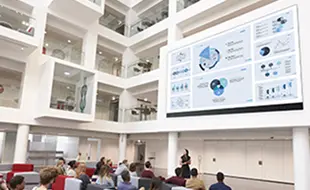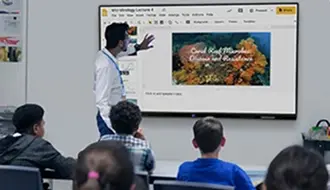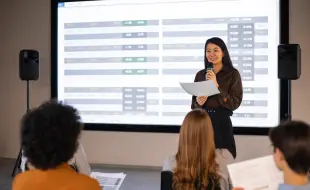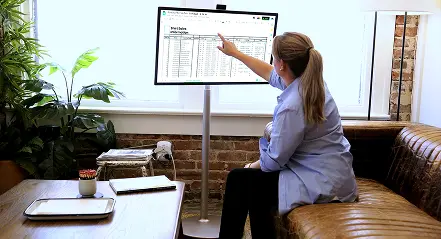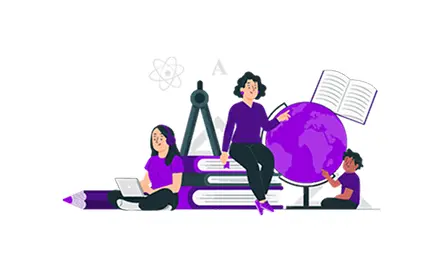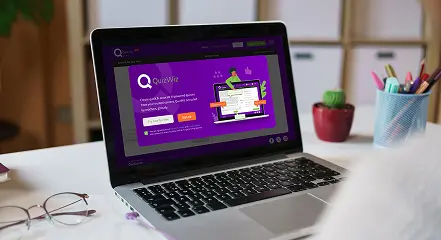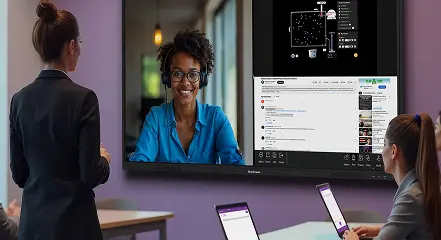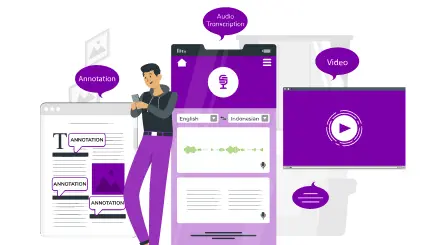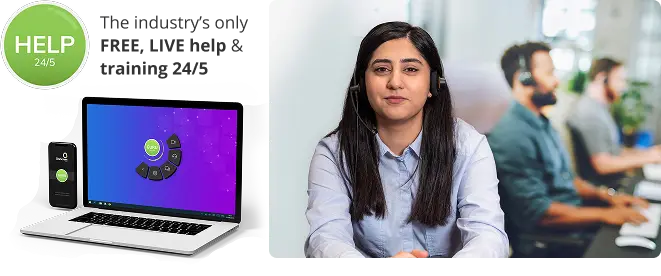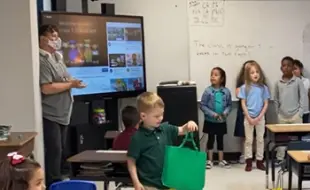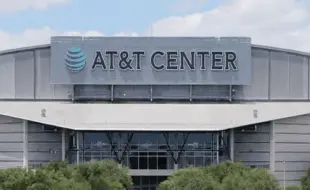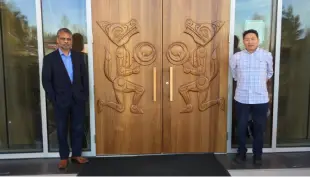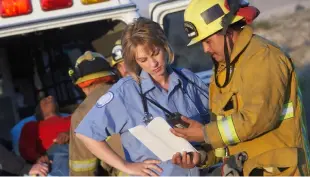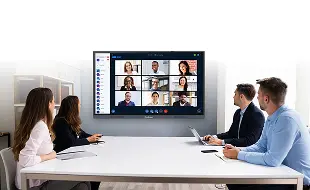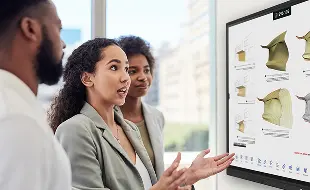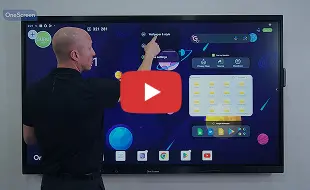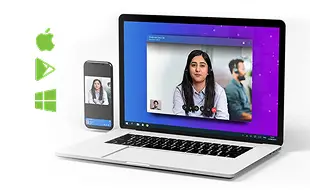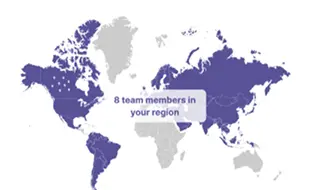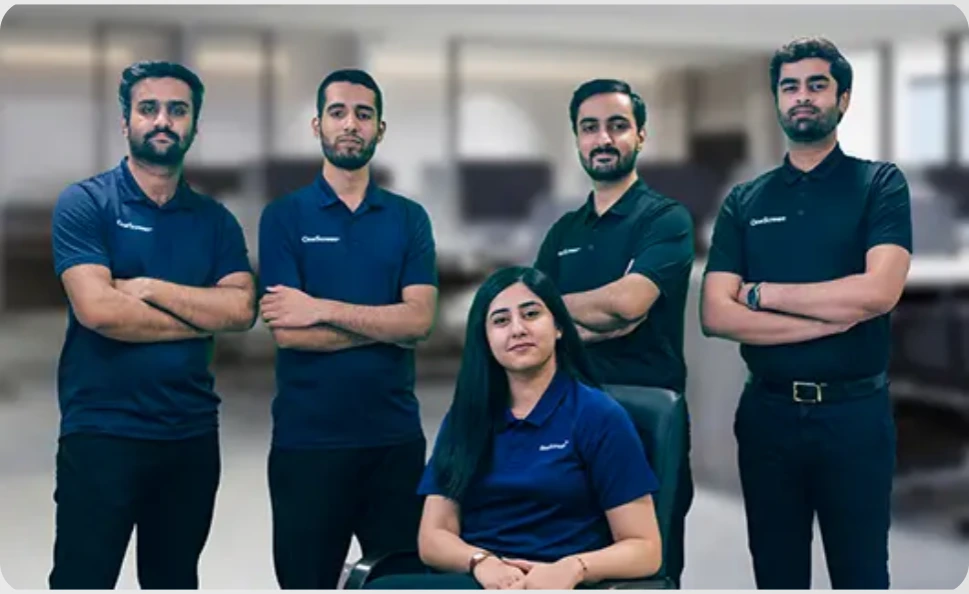
EdTech Podcast: Experiential Learning in the Digital Age
Today’s article is the start of a new feature on the OneScreen blog: Bite-sized breakdowns of popular podcasts for busy professionals.
If you want to gain all the powerful insights from the world’s top thought leaders but don’t have the time to listen to the entire podcast, we can help.
Here are the key thoughts and essential concepts from:
The EdTech Podcast: #227 – Experiential Learning in the Digital Age
Podcast length: 30 min. Blog est. read time: 2 min.
One of the most popular criticisms of the hold technology has on our society is that digital tools hinder learning, potentially depriving students of the real-world experience necessary to succeed in life and achieve deeper connectivity with the world around them. However, this viewpoint comes from a limited understanding of the potential for classroom technology.
If we consider EdTech as a simply a new tool that gives teachers more options, perhaps its most important capabilities are in fostering experiential learning and optimizing the way we interact with the world. First though, we should defineexperiential learning means.
What is Experiential Learning?
Experiential learning simply means “learning by doing.” Instead of memorizing facts or looking at illustrations, students take part in an interactive demonstration of the lesson material. Educators report that experiential learning results in:
- better test scores in reviews covering the lesson
- collaboration among diverse personalities
- social and emotional development
- leadership and confidence skills emerging in surprising ways
- students gaining insight into their own skills and values
- preparation for their professional lives
An Example of Experiential Learning
In the EdTech Podcast, host Sophie Bailey interviewed Pavel Cenkl, Head of Schumacher College in Devon, England. Schumacher is known for their “Head, Hand, and Heart” approach to learning. In recent years, they’ve taken this philosophy, alongside a rich history of experimentation, and applied it to the digital age.
In order to do so, Schumacher has taken all the best parts of what they’ve learned from EdTech and, as a program, made it even more collaborative — using the technology at hand to cultivate new methods of experiential learning that allow for students to engage their skills across the world.
In a new master’s pilot program, Schumacher offers immersive, residential learning onsite, as well as an entirely remote option that lets students engage with the course material in their own environments. The program makes it possible for students to leverage materials asynchronously, alleviating all time zone challenges and making the experience truly global by design.
Bringing Together Local and Remote Learners
The program opens up access for students across the globe who, for whatever reason, do not have the ability to move to England for their master’s program. This makes the program more diverse and amplifies broader experiences, ultimately helping students simultaneously learn from each other.
The offsite remote option also opens the door for experiential learning in the field, better preparing students for their futures than they would be if they were limited to the classroom.
Alternately, local students can engage in “low-residency” which takes advantage of the community students receive in a classroom setting, while giving them the opportunity to gain experience in the field. While enhancing both community and the applied experience students wouldn’t otherwise have, the program is also naturally more generative, creating varied and powerful conversations within each discipline. Customizable in nature, it empowers students to forge their own learning pathways as well.
Experiential Learning Programs
The key, Cenkl explains, is putting the student experience first. When educators begin by evaluating lessons from the point of view of students from different backgrounds and learning styles — that changes everything about how they use EdTech.
Through experiential learning programs, EdTech helps educators cultivate curriculums that are results-driven, creative, socially enriching for students and empowering for teachers. That’s how EdTech enables more memorable experiences and deeper understanding of every lesson.
If you want to learn more about ideal learning environments for better school performance, check out our ebook on EdTech as a Service.
Is there a podcast or a series that you want to see summarized? Connect with us on LinkedIn, Twitter or Facebook.

 EN
EN  US
US  CA
CA  CO
CO  MX
MX  AE
AE  UK
UK  ES
ES  PK
PK 